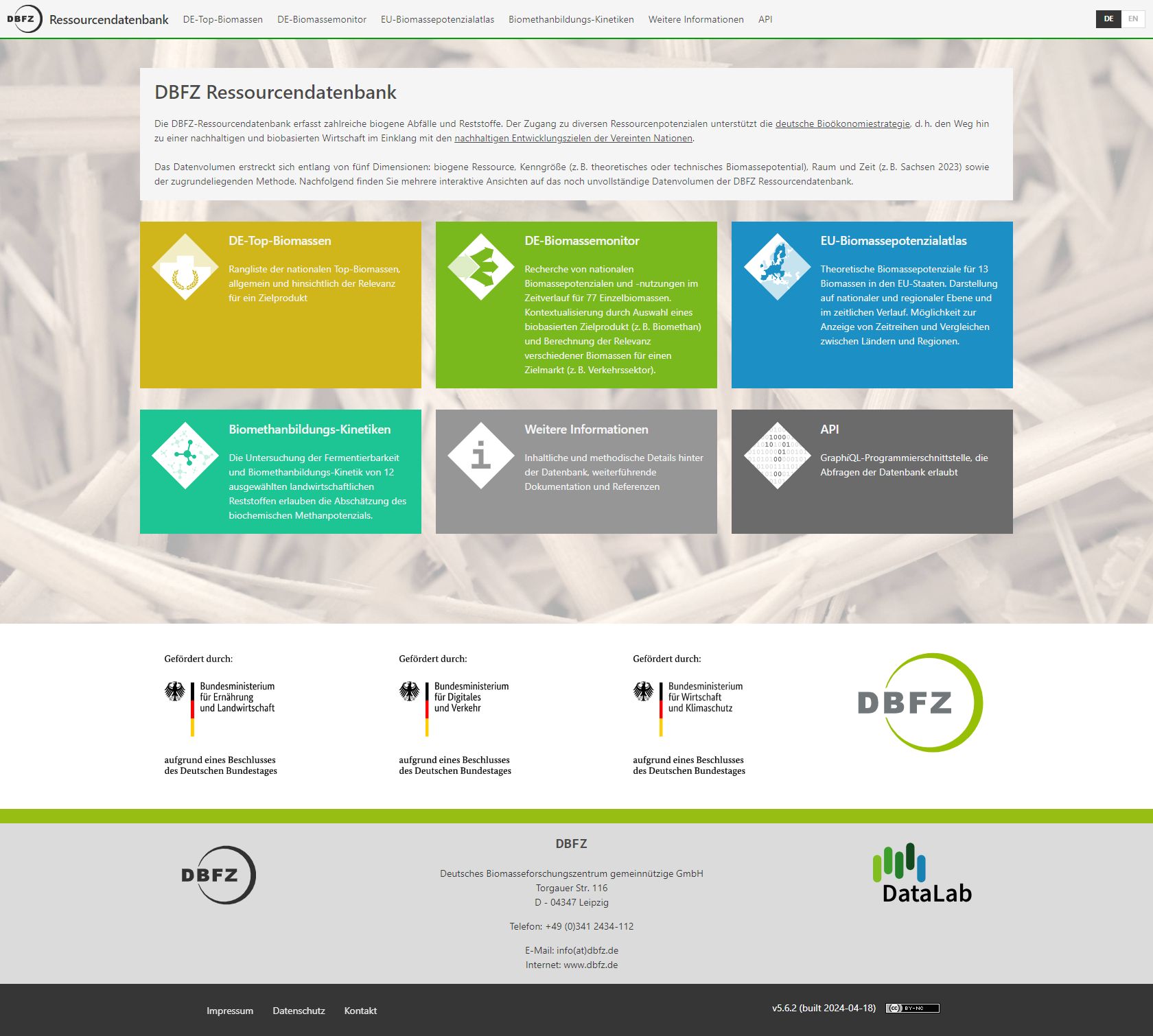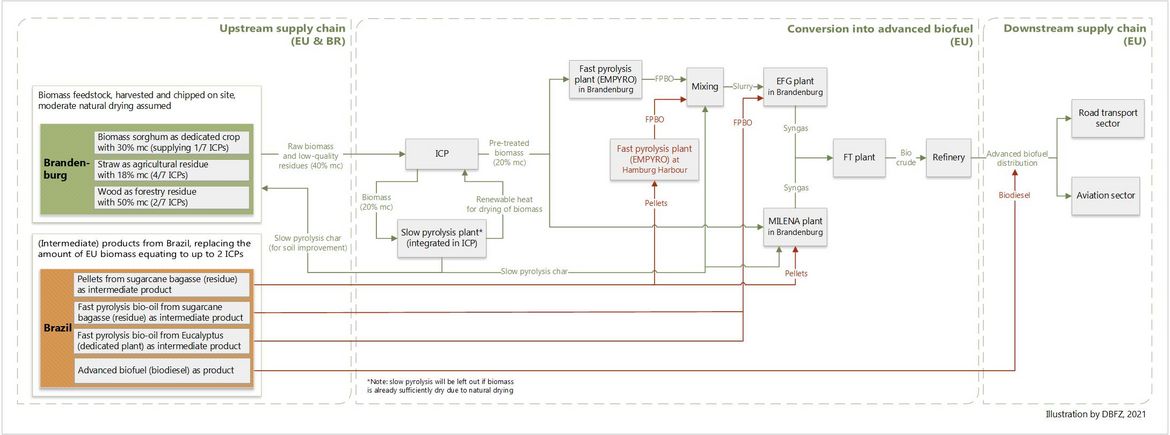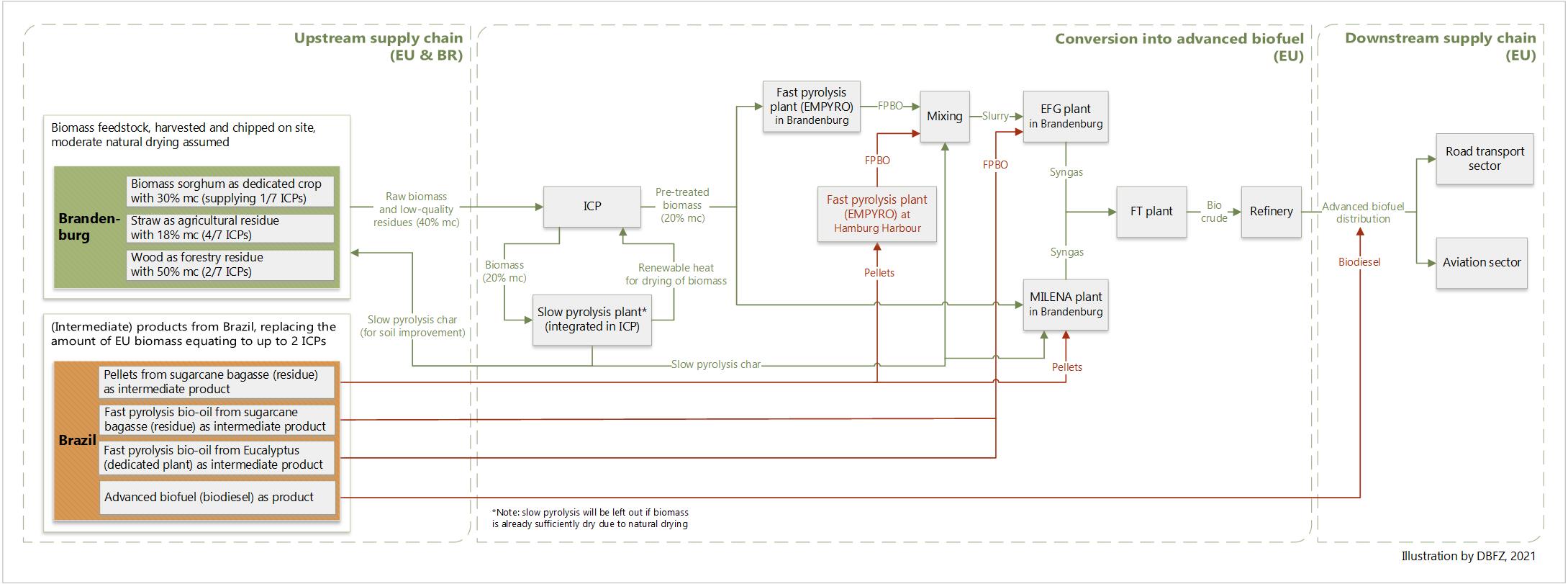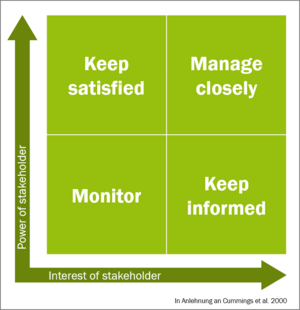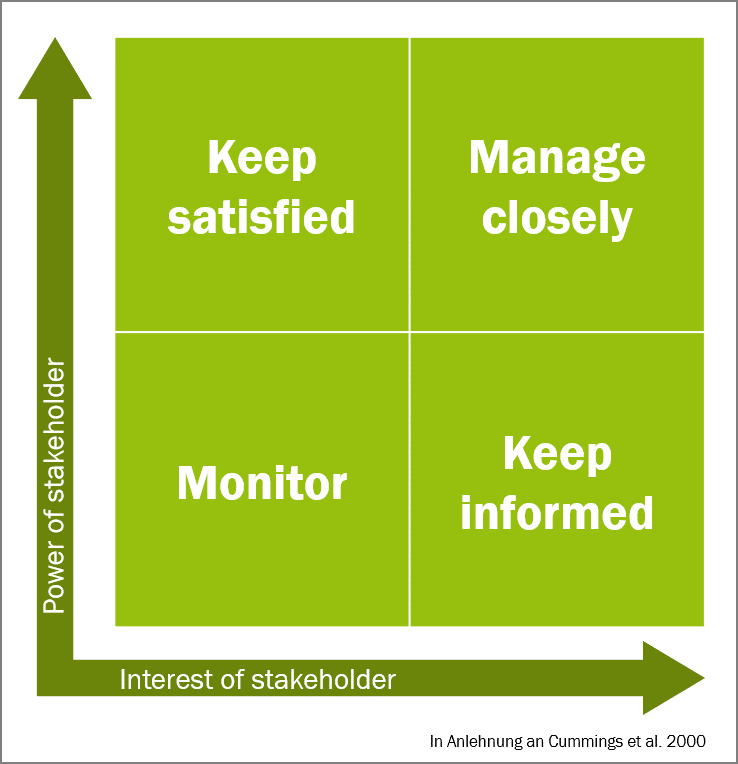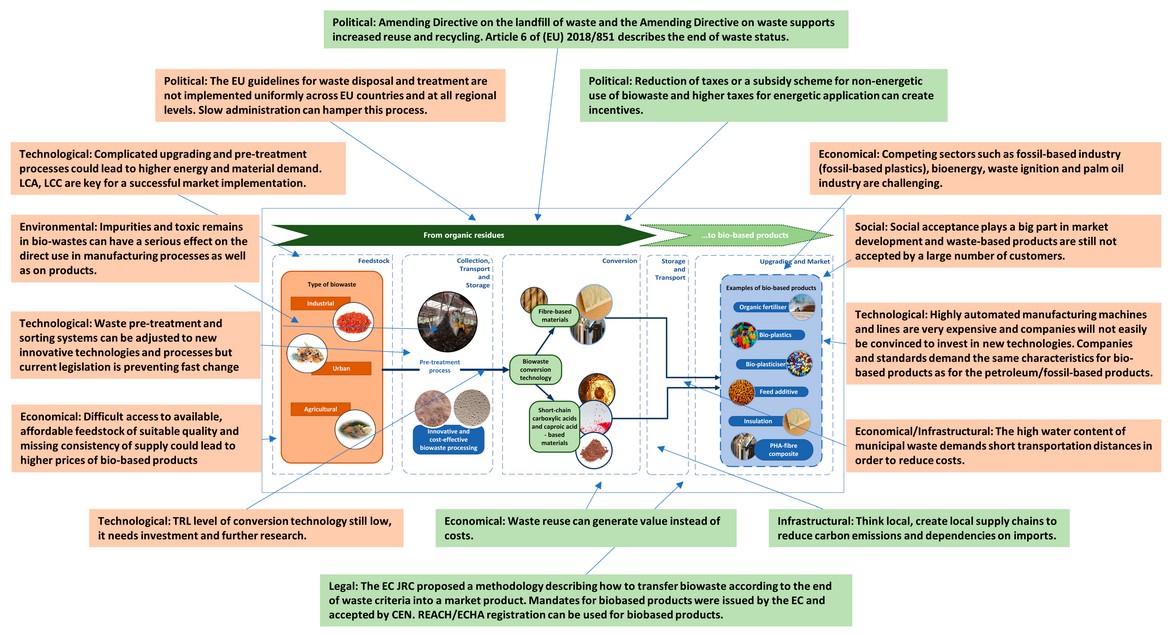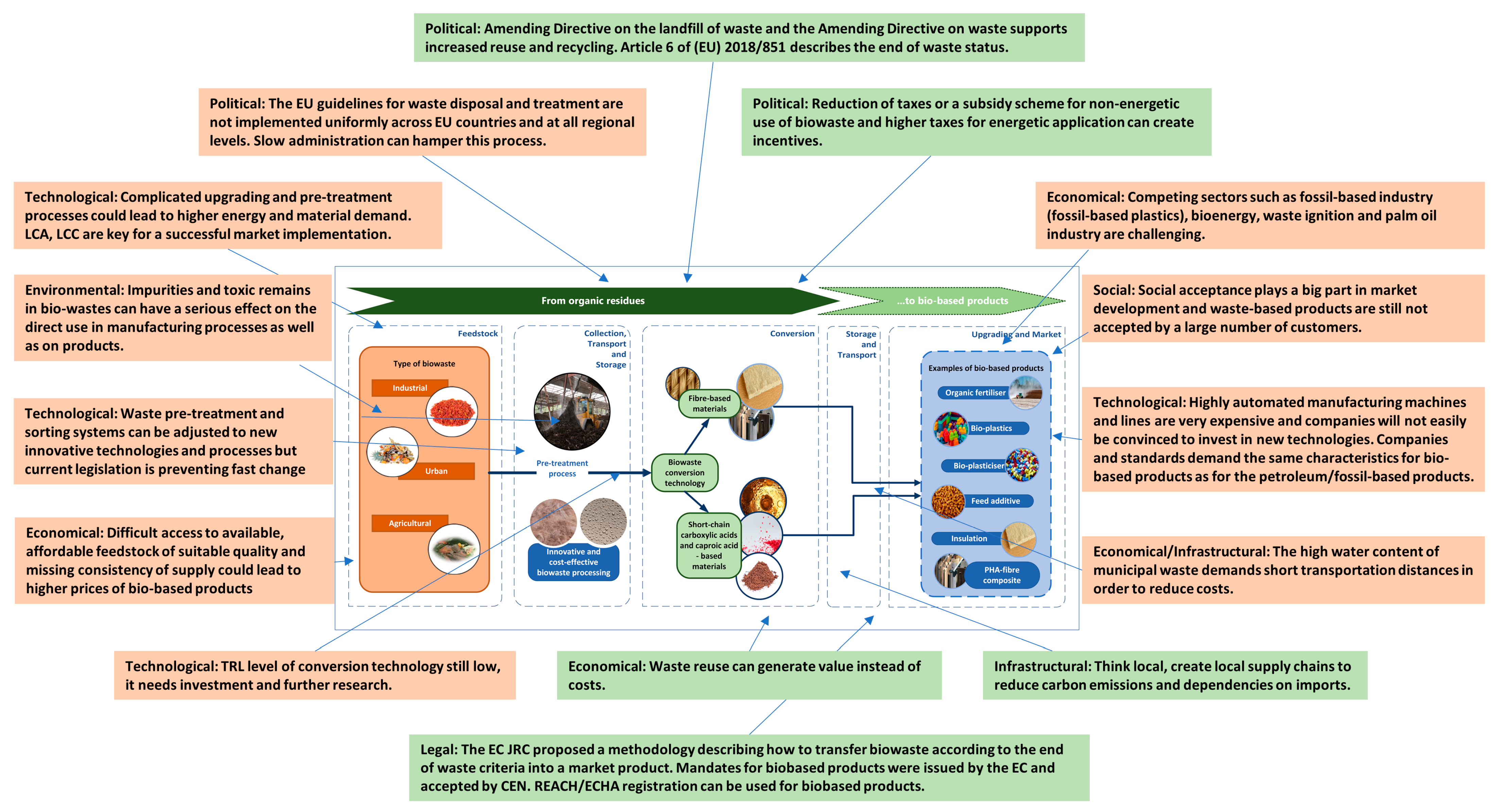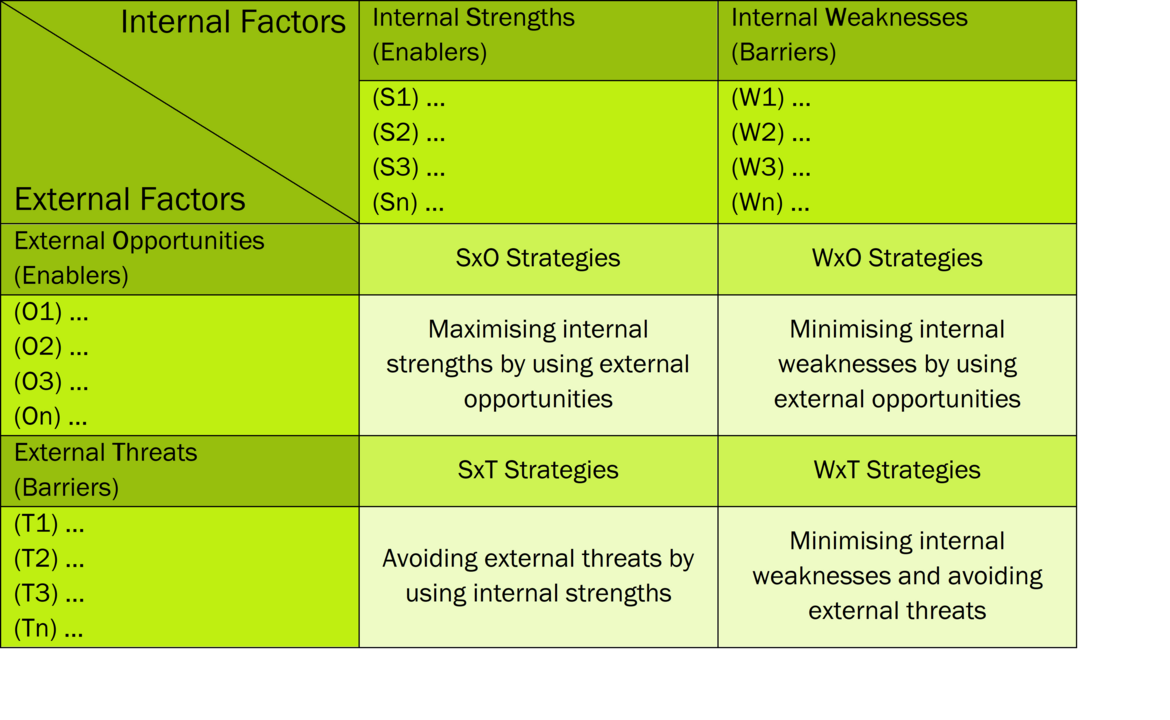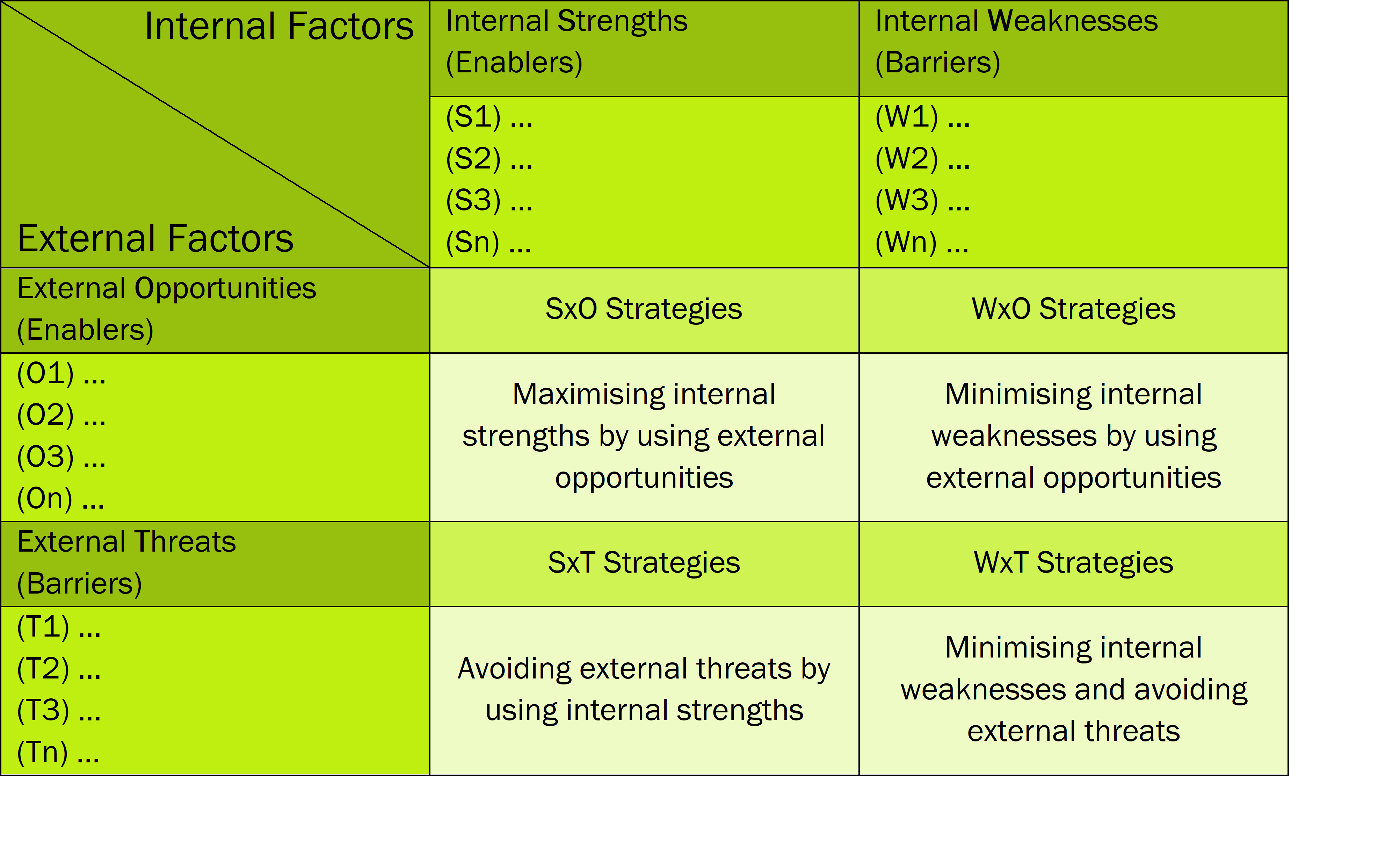Methods
On this page you will find information on the methods we use and a list of the latest publications of the working group Mobilisation.
Central topic resources
Bioeconomy atlas for the Central German and Lusatian coal-mining area
The bioeconomy atlas was developed as part of the "MoreBio" project (model regions bioeconomy in the Central German and Lusatian coal-mining area) and provides data and information on the bioeconomy in the regions of Central Germany and Lusatia. Coal-mining areas are in the midst of a profound transformation process as a result of the phase-out of coal and the transition to a climate-neutral economy. The conditions for the development of a future-oriented bio-based economy are excellent in the regions mentioned. More information on the individual sectors and their bioeconomy potential as well as many other interesting research findings can be found in the bioeconomy atlas. Our project publications including the short report "Kurzbericht MoreBio" also provide a good overview of the bioeconomy as the key to transformation in Central Germany and Lusatia.
Information tool Select-A-Plant
Select-A-Plant provides a selection of plants for the future biomass base and the applications for which they can be used. The information tool allows users to search for different plant species according to their use, application and characteristics. As a result of the search, profiles of cultivated plants and tree species are available as PDF downloads. The development of Select-A-Plant was also part of the "MoreBio" project (model regions bioeconomy in the Central German and Lusatian coal-mining areas) at the DBFZ.
DBFZ resource database
The DBFZ resource database contains numerous biogenic residues, wastes and by-products. Access to different resource potentials supports the German bioeconomy strategy, i.e. the path towards a sustainable and bio-based economy in line with the United Nations' Sustainable Development Goals. The data capacity covers five dimensions: biogenic resource, estimated parameter (e.g. theoretical or technical biomass potential), space and time (e.g. Saxony 2023) and the underlying method. The database has been developed in close collaboration with the working groups Resources and Data Laboratory.
As part of the BMEL-funded project "MoBi II" (establishment of a systematic monitoring of the bioeconomy - consolidation phase), we are also further developing the monitoring concept and adding time series for biomass from 2010 to 2020 to the resource database.
Central topic technologies
Analysing innovative bio-based value chains
The analysis of bio-based value chains and the consideration of integrated innovative technologies is at the heart of many of our projects, such as the "BECOOL" project (Brazil-EU Cooperation for Development of Advanced Lignocellulosic Biofuels). Among other things, the project explored the possibility of a joint value chain between the European and a Brazilian project consortium for the production of an advanced biofuel for the European transport and aviation sector. As part of our regional and stakeholder analysis, we considered the opportunities and challenges of implementing the proposed value chain. The extensive data sets of such projects are coded and analysed using qualitative data analysis software (CAQDAS - computer assisted qualitative data analysis software).
Central topic systems
Stakeholder analysis along bio-based value chains
The working group Mobilisation has already analysed stakeholder landscapes and created stakeholder mappings in many projects, e.g. in "MUSIC" (Market Uptake Support for Intermediate Bioenergy Carriers) and "CAFIPLA" (Combining carboxylic acid production and fibre recovery as an innovative, costeffective and sustainable pre-treatment process for heterogeneous bio-waste). Numerous contacts were made and an (inter)national network was successfully established through various activities. Interviews, surveys, workshops and networking events are used to promote dialogue with and between relevant stakeholders from industry, politics, research and society. In this way, the different interests and opinions can be optimally integrated into the project activities and we can work together towards a sustainable bioeconomy.
Environment analysis of innovative value chains
We use the PESTEL+I analysis to identify the challenges and opportunities of a value chain. This is a strategic management method that helps to classify the value creation environment according to the following seven categories: Politics, Economy, Society, Technology, Ecology, Legal Frame and Infrastructure. Identified factors from the PESTEL+I environment can then be categorised into enablers and hindrances.
The adjacent figure provides an insight into the results of the environment analysis carried out as part of the EU Horizon 2020 project "CAFIPLA" (Combining carboxylic acid production and fibre recovery as an innovative, costeffective and sustainable pre-treatment process for heterogeneous bio-waste). Together with the project partners, we worked on the implementation of an innovative concept for a value chain in the field of waste disposal and recycling. In collaboration with the working group Resources, the EU Biomass Potential Atlas was also developed.
Central topic communication
Strategies/recommendations for action
Based on the results of the environment analysis (e.g. PESTEL+I) of value chains and the identification of enablers and hindrances, a SWOT/TOWS matrix can be created. For example, this methodological approach was followed in the "MUSIC" project (Market Uptake Support for Intermediate Bioenergy Carriers) and strategies and recommendations for action were derived (publication). In addition to aspects of biomass logistics and legal frameworks, risks to resource availability are also analysed, as is common in the context of science-policy assessments.
Events
The "Bioeconomy Workshop Saxony" analysed the strengths of the state of Saxony in the bioeconomy. As part of the "TW-BioS" project (Transfer Workshops - Innovation Potential of the Bioeconomy in Saxony), a total of six transfer workshops were held at different locations in Saxony in 2023. These brought together all the networks associated with the bioeconomy across all sectors to identify the stakeholders needs and to work on transfer goods that enable sustainable economic activity.
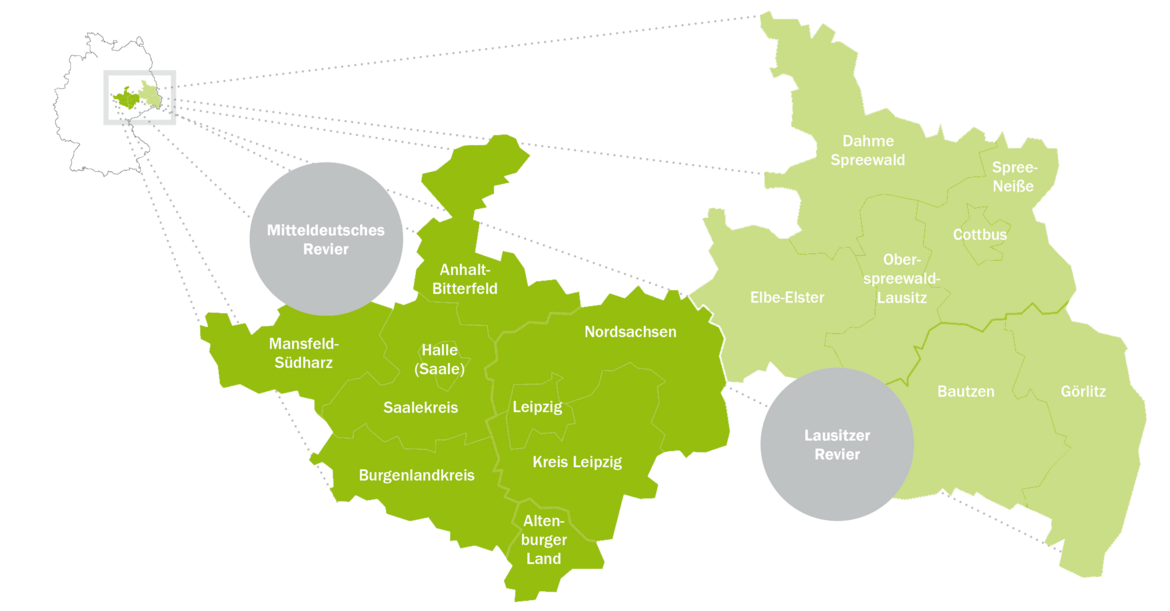
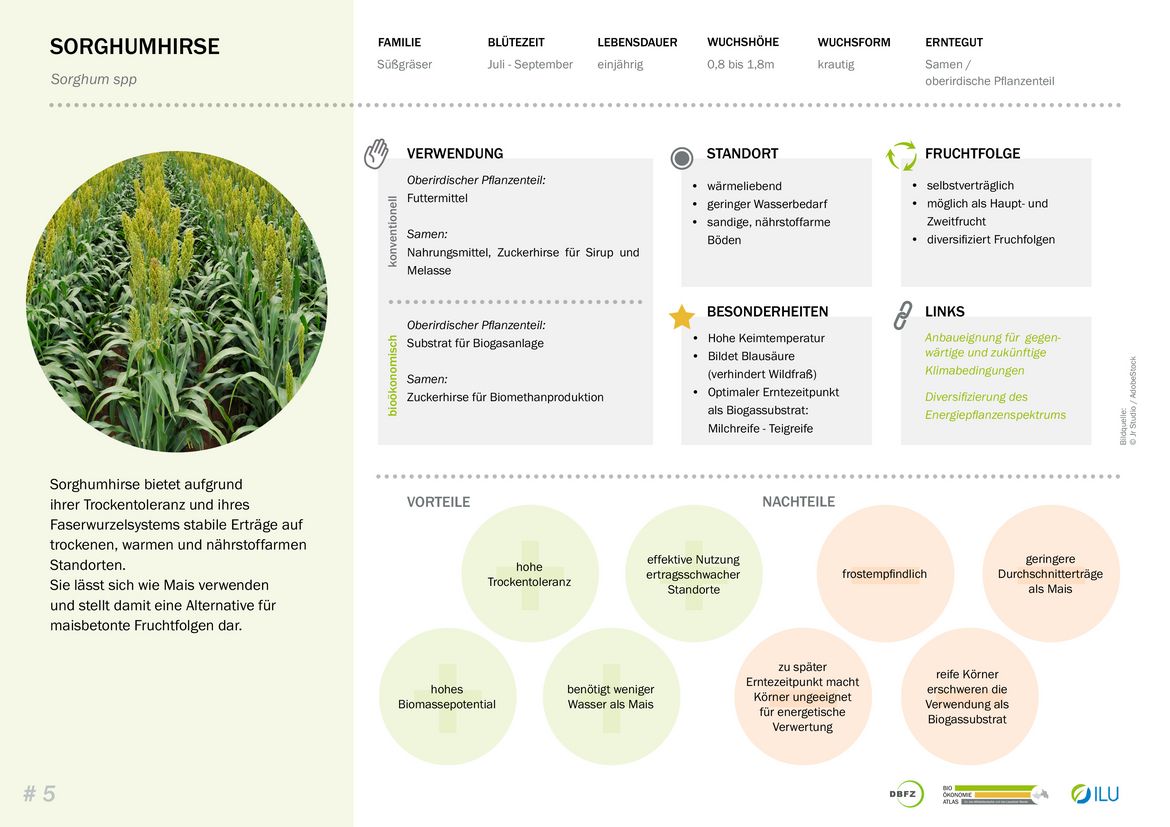
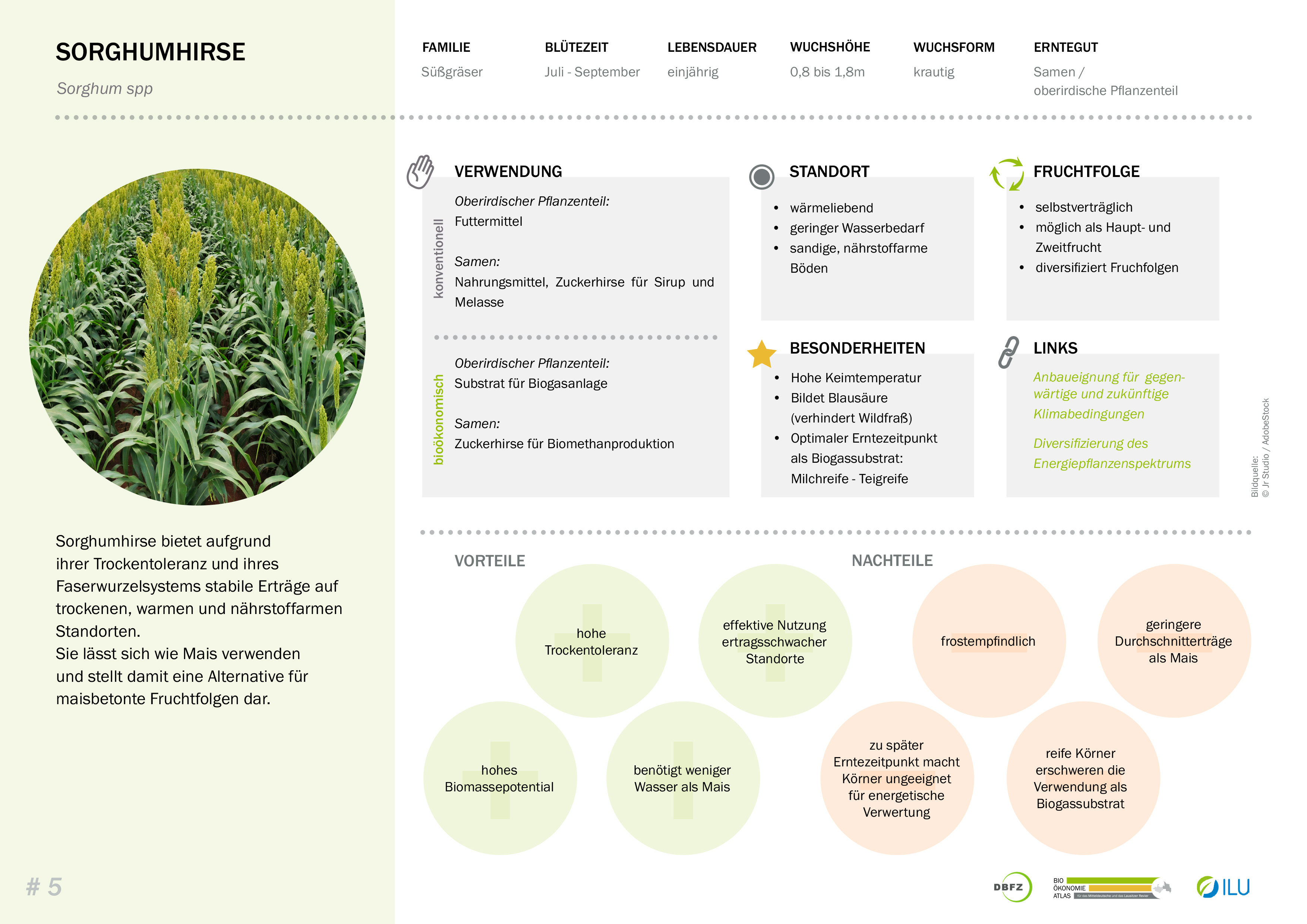
![[Translate to Englisch:] Die Ressourcendatenbank des DBFZ [Translate to Englisch:] Die Ressourcendatenbank des DBFZ](/fileadmin/_processed_/e/c/csm_Ressourcen_DB_5cf669d774.jpg)
